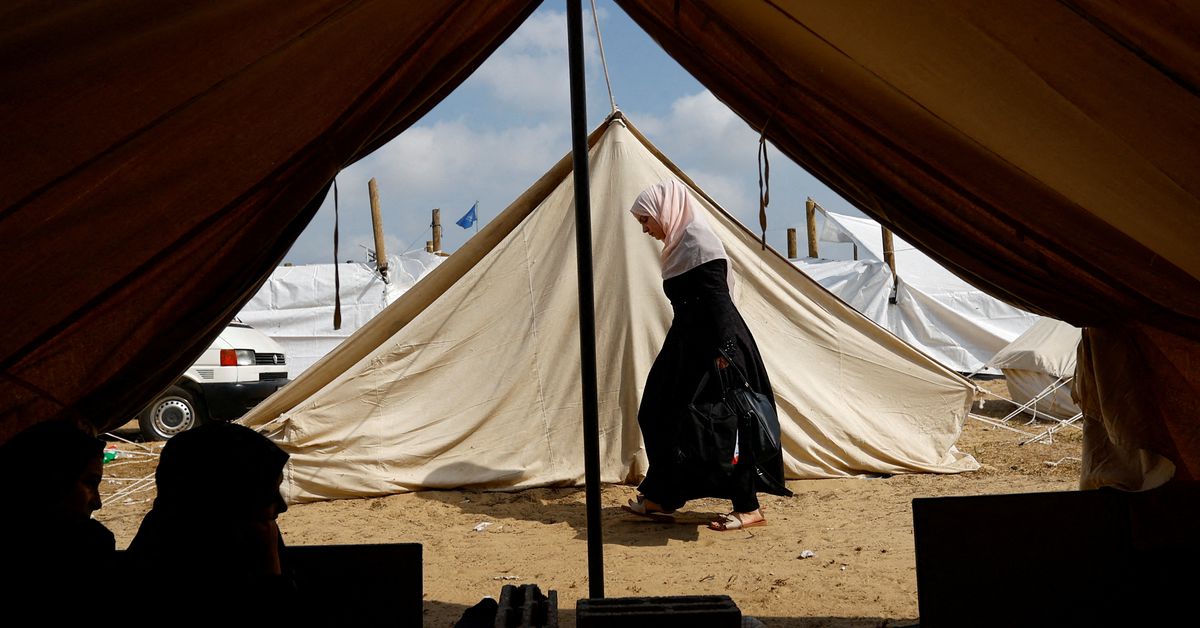- cross-posted to:
- world@lemmy.world
- cross-posted to:
- world@lemmy.world
Israel’s military suggested on Tuesday that the United Nations ask Hamas for fuel supplies after the U.N. agency providing aid to Palestinian civilians in the Gaza Strip warned it would have to halt operations on Wednesday night if no fuel was delivered.
The agency, known as UNRWA, posted its warning on social media on Tuesday. The Israel Defense Forces reposted it and said that Hamas militants have more than 500,000 litres of fuel in tanks inside besieged Gaza.
“Ask Hamas if you can have some,” the IDF wrote.



How so? The Oslo accords were called off by Israel. And the failure of peace talks in 2014 was confirmed by the US special envoy to be 100% Israel’s fault. Camp David is a matter of debate and nobody really knows what happened in 2008 so I won’t comment on those, but by my count that makes 2 times where Israel refused peace.
Nothing in your post is citation, and all of it is made up.
https://en.m.wikipedia.org/wiki/Oslo_Accords
As for 08
Some light reading:
https://en.m.wikipedia.org/wiki/Israeli–Palestinian_peace_process#:~:text=2 June 2014.-,Abbas’ 2014 peace plan,East Jerusalem as Palestine’s capital.
The quote you’re using is from the 2010-2011 peace talks. The reason those broke down is as follows:
In regards to Oslo and the 2014 peace talks:
2014:
Oslo: Both Oslo accords were signed, however,
This led to the Camp David Accords where the main issues and points seemed to be the following:
To summarize the 2010-11 peace talks broke down due to Israel not abiding by the terms of the negotiation. The 2014 talks are debated with more blame seeming to be placed on Israel. The Oslo accords were signed but left unresolved and unfollowed by Israel leading to the camp David accords where the main issue seems to be the right of return for the hundreds of thousands of Palestinians who were displaced. However, who actually ended the talks is still debated.
While you actually knowing the events is great, your analysis is really flawed by your biases.
Palestinians have nothing to bargain with. Refusing to even recognize Israel’s statehood is a non-starter. It’s essentially just a giant “fuck off” sign
Lmfao. It was Netenyahu that stopped negotiations when he was elected in 1996.
Also it literally says in the article you sent: “Both sides claim the other dropped follow-up contacts”.